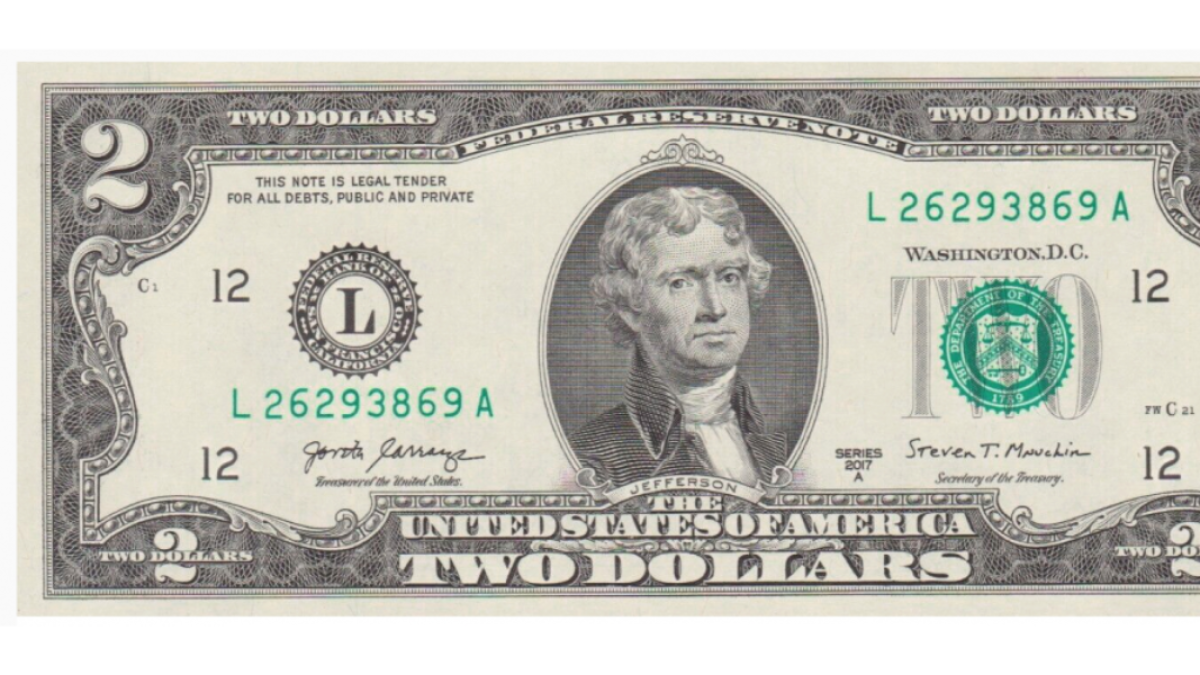In the automotive world, one of the critical aspects of engine performance and efficiency is the type of gasoline used. Therefore, sometimes the question may arise: what happens when you put regular gasoline in a luxury car?
In this article, we will explore the consequences of this choice and provide insight into the effects of using the wrong octane rating. Plus, we’ll learn why some vehicles require premium fuel and give pro tips on how to mix premium and regular gasoline safely.
What happens when you use normal gas in a luxury car
When a car designed to use premium gasoline is fed regular, low-octane fuel, several consequences can arise:
- Low performance: Premium cars are designed to run on higher octane fuel, which provides better detonation and combustion in the engine. When using regular gasoline, engine performance may be affected, resulting in less power and slower response.
- efficiency loss: Premium gasoline often contains additives and properties that help keep the engine clean and reduce deposit build-up. When using regular gasoline, there is an increased risk of deposits forming in the fuel system, which can reduce efficiency and affect fuel economy.
- Combustion problems: Regular gasoline can cause premature detonation in engines designed for a higher octane rating. This is known as “ignition” and can cause engine damage such as piston knocking and abnormal noises.
What happens when you use the wrong octane number of gasoline?
Using the wrong octane number of gasoline in a car can lead to several consequences:
- premature detonation: If you use gasoline with a lower octane rating than what is recommended for your vehicle, there is an increased risk of premature detonation. This can cause engine damage and reduce overall vehicle performance.
- Power loss: Using an octane number lower than required may result in a loss of power, as the engine will not be able to use its full potential.
- Engine wear: Premature detonation and piston knocking caused by incorrect octane can increase engine wear in the long run, which can lead to costly repairs.
Why does a car require premium fuel?
Some vehicles require premium fuel due to their design and special features. Here are some of the reasons why a car might need higher octane gasoline:
- compression ratio: Higher compression engines, found in many premium and sports cars, require a higher octane rating to prevent premature detonation and ensure optimum performance.
- Advanced ignition systems: Some premium cars feature more advanced ignition systems, such as high-output spark plugs and direct injection, which require higher-octane fuel for proper operation and efficient combustion.
- Turbocharging and supercharging: Vehicles with turbocharging or supercharging systems, which increase the pressure and temperature of the air entering the engine, often require premium gasoline to prevent knocking and maximize performance.
Pro tips for mixing premium gas with regular gas
If for any reason you need to mix premium gasoline with regular gasoline, it’s important to do it right. Here are some pro tips for doing this mix safely:
- Consult the owner’s manual: Refer to your vehicle’s owner’s manual for specific manufacturer recommendations regarding gasoline use and permitted blends.
- Mix in the appropriate proportions: If you decide to mix premium gasoline with regular gasoline, be sure to follow the ratios recommended by your vehicle manufacturer. Avoid unbalanced mixtures, as they may affect engine performance and efficiency.
- Shake the mixture well: Before filling the tank, be sure to shake the container or auxiliary tank containing the gasoline mixture well. This will help ensure an even distribution of both types of fuel.
- His world in a woman: After mixing, pay attention to the engine’s performance. If you notice any problems, such as poor response or abnormal noises, see a qualified mechanic for a proper diagnosis.
Using regular gasoline in a luxury car or using the wrong octane number can have negative consequences for engine performance and efficiency. Therefore, it is important to follow the manufacturer’s recommendations and use the right type of gasoline for your vehicle.
If you need to mix premium gasoline with regular gasoline, be sure to do so by following the correct proportions and keeping an eye on engine performance. Remember, it is always a good idea to consult a professional if you have doubts or concerns about the right fuel for your vehicle.
You may also be interested in:
How to check the life of a car battery
With 98-octane gasoline, the car is faster: myth or reality?
How Many Liters in a Gallon: Equations and Other Curious Facts
Up to the mileage of a used car should be purchased
Engine revving: why it’s dangerous and how to prevent damage to your car





